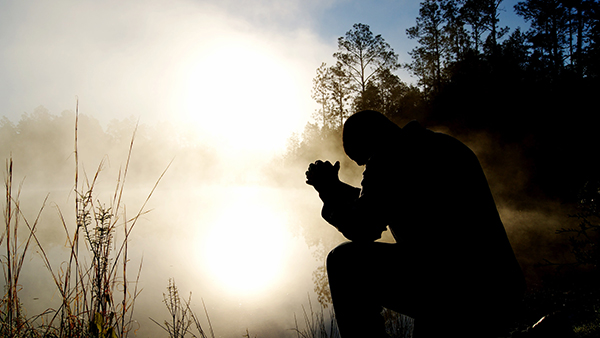For Dennis Trimble, depression remains a daily battle (see story, page 6). But he also knows he’s not the only one.
“I know there are other Christians and ministers who go through that,” he said.
It’s possible, though, that many Christians struggling with depression don’t get the help they need because of the way the condition is sometimes perceived, he said. “There’s a stigma that if you have depression, you’re not the Christian you’re supposed to be, you’re not walking in the relationship with God that you ought to walk.”
Lisa Keane, director of clinical counseling for Pathways Professional Counseling, said the first step is realizing that depression is a physical condition.
“God created us in mind, body and spirit, and all three are impacted by depression,” she said. “It is so important that people who are experiencing depression see it as a medical condition so they can be treated for it appropriately but also so that they don’t heap shame on themselves thinking if they could ‘just have more faith’ or ‘be stronger’ they wouldn’t be struggling.”
Taking steps
If you find you’re facing symptoms of depression, Keane recommends taking these steps:
- Talk to a doctor. “As a therapist, if someone comes to see me expressing clear signs of depression, I always suggest they see their doctor for a physical to make sure there is not an underlying medical reason for the onset of depression,” Keane said. “Their doctor also can talk to them about medication options if that is indicated too.”
- Find a good therapist. Therapy also can be incredibly helpful because a therapist can help you define more of what is going on, Keane said. Then he or she can develop a plan to combat and manage your depression and help you work on any factors that might be contributing to your depression.
If you are worried a friend or family member might be struggling with depression, be willing to talk to him or her about it, Keane said.
“Openly ask how they are doing and let them know you are concerned,” she said. “Use specific examples of why you are concerned and encourage them to talk to a professional. It is important that we talk openly about what is going on with us.”
One possibility is to check with your local Baptist association. More than 40 associations around the state have partnerships with Pathways Professional Counseling — a sister ministry of Alabama Baptist Children’s Homes & Family Ministries — to provide counseling to pastors, ministers and others in need of someone to talk to. (Grace Thornton)






Share with others: